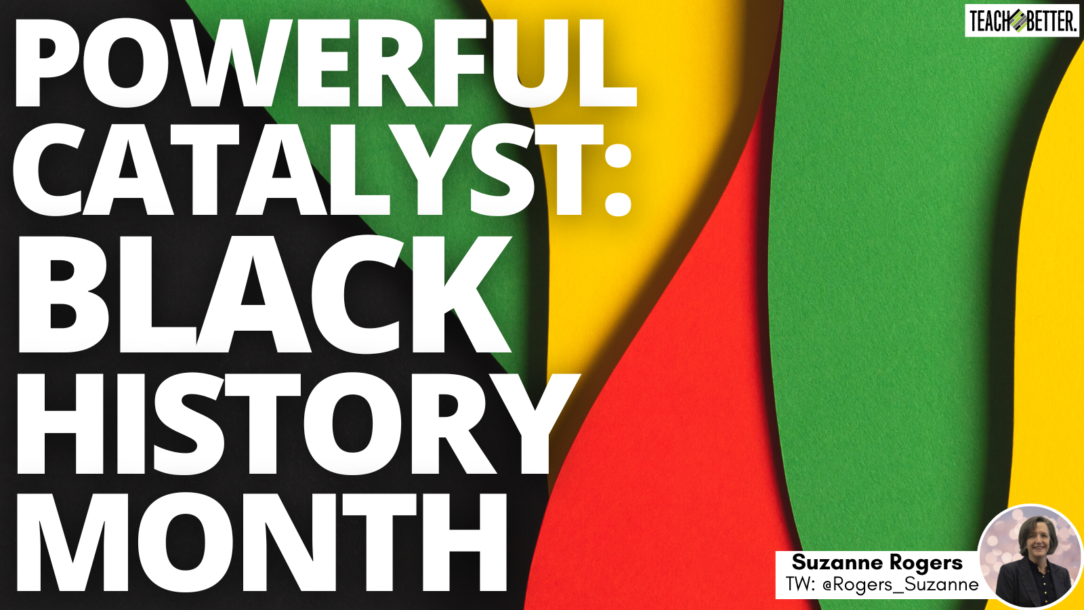TL;DR:
- Black History Month sparks crucial conversations on social justice, empowering K-12 students to challenge inequities and advocate for a fairer society.
- By highlighting African American achievements, the month promotes empowerment, instills pride, and helps students embrace their heritage, fostering resilience and confidence.
- Beyond celebrating accomplishments, Black History Month enhances cultural appreciation, fostering empathy and respect, and creating a more inclusive educational environment.
Black History Month is a powerful catalyst for inspiring social change and fostering empowerment among K-12 students. Moreover, beyond its role in cultivating diversity and inclusion and fostering empowerment and identity, Black History Month ignites critical conversations, shaping students into informed and engaged citizens.
Explore the transformative impact of Black History Month in K-12 education—inspiring change, fostering empowerment, and cultivating diversity. Click To TweetInspiring Social Change
Black History Month stands at the cutting edge of importance for its capacity to ignite conversations about social change. By delving into the stories of Civil Rights Activists, educators encourage students to confront systemic injustices and advocate for a fairer society. Through classroom discussions and projects, Black History Month empowers students to challenge discrimination and become catalysts for positive transformation in their communities.
Fostering Empowerment and Identity
Central to Black History Month is its role in fostering empowerment and affirming identity, particularly for Black students. By highlighting the achievements of African American trailblazers, students are inspired to embrace their heritage and potential. Students must see their history as “more than forced, free labor to U.S. history” (read more on this at learningforjustice.org). Moreover, seeing themselves represented in the curriculum instills a sense of pride and resilience, empowering them to overcome obstacles and pursue their aspirations confidently.
[scroll down to keep reading]Cultivating Diversity and Inclusion
Black History Month expands beyond celebrating Black achievements and cultivates diversity and inclusion within educational settings. By endorsing the contributions of African Americans across various fields, students develop a deeper appreciation for cultural diversity. This exposure fosters empathy and respect for individuals from different backgrounds, creating a more inclusive school environment where all students feel valued and understood.
In conclusion, Black History Month is pivotal for K-12 students, offering empowerment, education, and advocacy opportunities. Educators can tap into Black history’s transformative power through discussions on social change and fostering empowerment, identity, diversity, and inclusion. This will inspire a new generation of equitable leaders who become a powerful catalyst for change.
About Suzanne Rogers
Suzanne M. Rogers is an accomplished, passionate, technology-inspired educator, experienced conference presenter, and yoga enthusiast. She is the Assistant Director of Public Relations at LISA Academy Public Charter Schools. In addition to her 20 years of work in education, Suzanne also serves on the Arkansas Museum of Fine Arts Educator Advisory Board, the UCA Executive Advisory Board, the UCA MAT Program Advisory Board, and the SAU ERZ Advisory.
Suzanne’s passion for education and her community is evident in her involvement in these organizations, where she works tirelessly to support students and educators. As an #ArmyMom and former #AFbrat, Suzanne brings a unique perspective to her work, understanding firsthand the sacrifices made by military families. Suzanne exemplifies dedication, expertise, and commitment to excellence.




